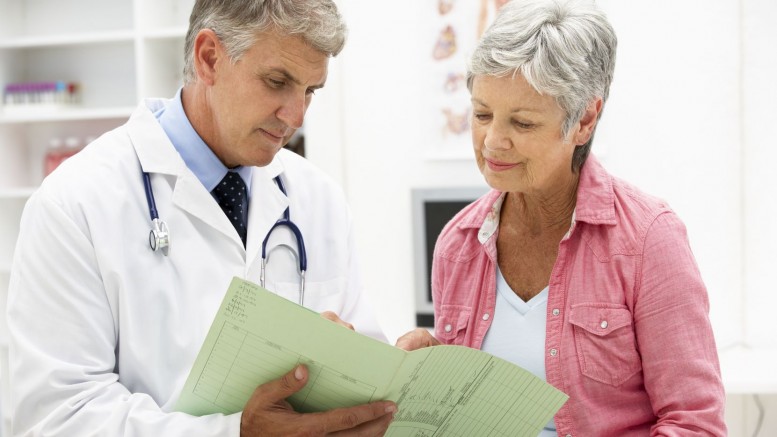Biotricity’s Clinical-Grade Biometric Devices Used to Track Minute Changes in Patient’s Heart Rate
Biotricity, Inc. (OTCQB: BTCY), a healthcare technology company dedicated to delivering innovative, medically relevant biometric remote monitoring solutions, announced that researchers at Rockyview General Hospital are using the company’s biometric device in a study designed to identify early warning sign for illness and to promote over-all wellness.
Researchers at Rockyview General Hospital (RGH), a large 650 bed hospital which is administered by Alberta Health Services (AHS), is using biotricity’s small portable monitors to determine the effectiveness of monitoring heart rate variability (HRV) to predict the onset of illness in intensive care unit (ICU) patients, where patient conditions can change quickly.
Today, the majority of devices that claim to measure heart rate only sample heart rate at intervals, and then produce an average over time. To accurately measure HRV, an electrocardiogram (ECG) is required because this technology is capable of measuring milliseconds between heart beats.
“Most mobile heart rate monitors in use today are extremely inaccurate with a margin of error of up to 40 percent. Because of this, AHS will utilize biotricity’s medical grade, high-resolution ECG and wireless communication capabilities as a perioperative wellness and recovery monitor which we believe will improve outcomes and reduce complications,” said Dr. David Liepert, a University of Calgary professor, anesthesiologist at AHS’ Rockyview General Hospital and lead investigator in the study. “The highly detailed data provided by biotricity’s unique technology is a key factor in our research as it is being used to detect small fluctuations in heart rate, which can indicate the onset of a variety of conditions including cardiovascular disease, stroke, diabetes or sepsis.”
Dr. Liepert research aims to use biotricity’s perioperative wellness monitor in order to follow a patient from pre-surgery, through the procedure, and throughout the recovery process among other uses. The research team believes the monitor could result in a reduction of post-surgery complications including wound infections and blood clots.
“Monitoring a patient during the 30 days after surgery is very important to ensure a patient’s return to full wellness, getting back to normal activity, and getting back to normal life,” said Liepert.
The four-month study, which concludes in April 2016 and is made possible by a grant from the National Research Council of Canada, will track HRV and health outcomes in 20 healthy people and 40 intensive care unit patients.
“I decided to participate in the study because it was a unique opportunity to look at how healthy I actually am,” says Anthony Cook, one of the 20 healthy participants in the study. “I like to consider myself a healthy guy but using this heart rate variability device will provide the data to prove it.”
Government and healthcare organizations are focused on driving costs down by shifting to evidence-based healthcare where individuals, especially those suffering from chronic illnesses, engage in self-management and preventative care.
“Our research with Dr. Liepert will drive the development of our next-generation medical devices that provide more detailed, medical grade data while being easy to wear,” Waqaas Al-Siddiq, founder, president and CEO of Biotricity Inc. “biotricity will disrupt how clinical grade data is captured, used and tracked by both sick and healthy people and will be instrumental in helping health care professionals reduce costs and support the move to evidence-based healthcare.”

